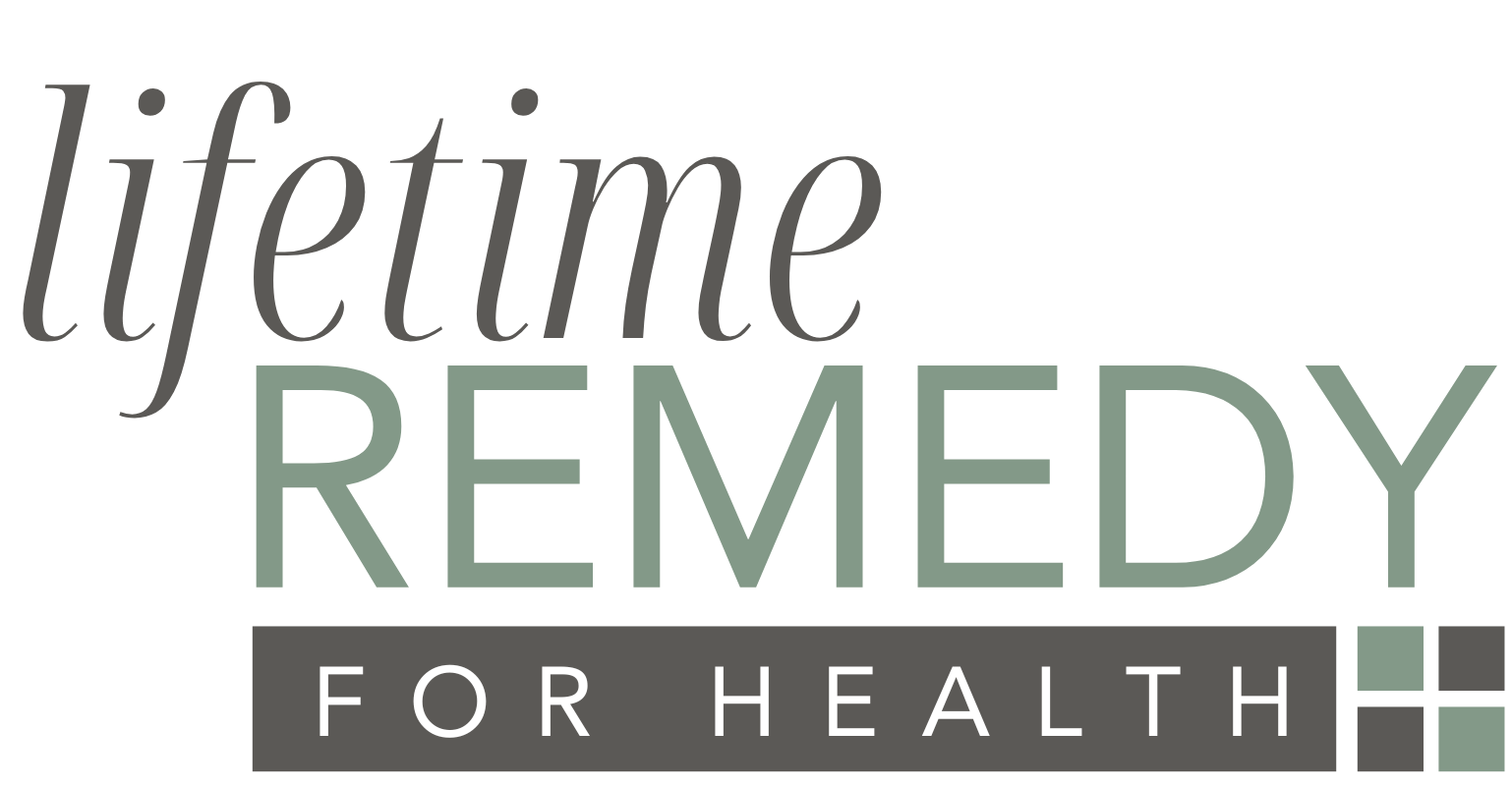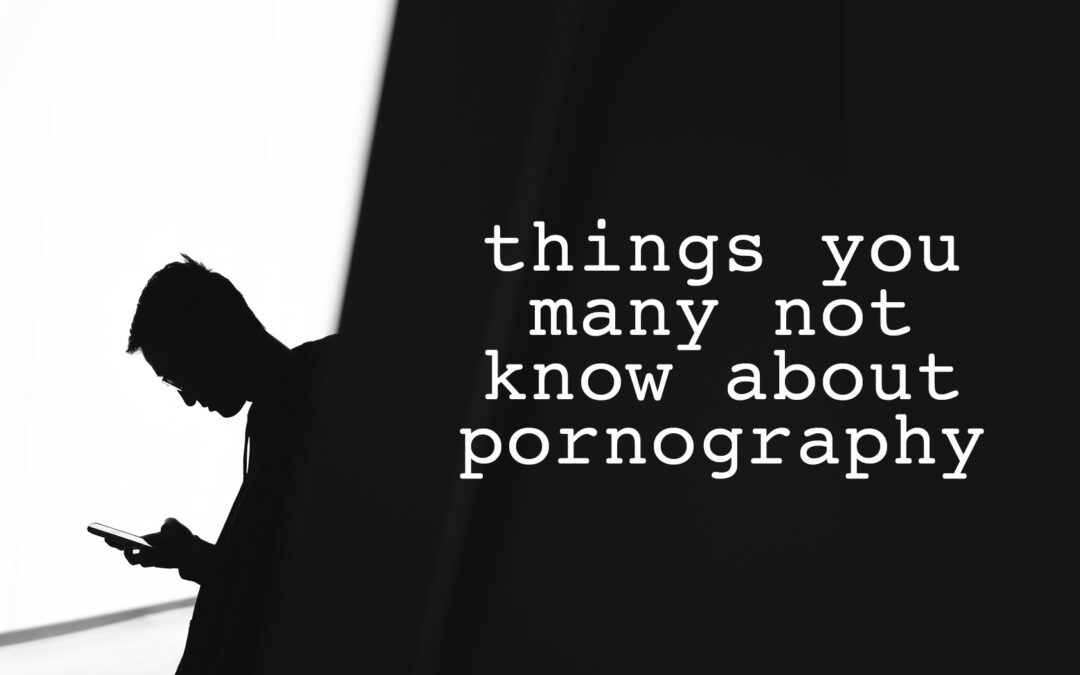Talking about porn is complicated. It makes people uncomfortable. It’s not a light-hearted topic and if you hear someone talk about it, it’s usually an off-color joke or some crass comment by a group of young guys. The problem is, pornography is like a dangerous mold growing in the majority of the homes of those reading this (according to statistics), and many of us respond by covering it up or shutting a door so that it is not seen. But keeping it covered does not make it go away. The longer it is left there, the more dangerous and threatening it becomes.
I get it. It’s hard to confront reality. I worked so hard to keep our reality hidden from everyone for so long. We don’t want to be judged, we want people to think our lives, our marriages, our careers, and our families are exemplary, and we want to believe our lives are different than they actually are. Sometimes we just want to pretend to have it all together so we don’t have to think about it for awhile.
Now, after 15 years of hiding from the world, pornography seems to work its way into multiple conversations, many times a day. This certainly isn’t what I had envisioned for my life. And truthfully, I have fought God on this over and over because at least once a day, I remember I’m not brave enough to be so open about our past struggles. But every day, He reminds me that when I am weak, He is strong, and we get to work. And as we walk alongside people affected by the grip of pornography and educate people about the iminent danger sneaking into their homes, schools, and offices, I am filled with a passion to sound the alarm and bring hope to those who’ve lost sight of hope.
But if we don’t start these difficult conversations, people stay in hiding or they just don’t understand the dangers of pornography. Honestly, there was so much I never understood about pornography myself for the many years it ciphoned the life out of our marriage. It wasn’t until I began to search for answers when my husband and I were separated that my eyes were opened. We only wish we had had that knowledge earlier so we could have better addressed the toxic mold that was affecting our lives and our home.
Here are some things you may not know about porn:
Porn is as addictive as heroin.
It can be hard to understand why so many people are viewing and becoming addicted to porn until you take a look at what’s going on in their brain. Viewing pornography releases dopamine, the same chemical released when taking stimulants like cocaine. As time goes on, more dopamine is required to produce the same “high,” which means more porn and more shocking porn is needed. Worse yet, pornography triggers multiple addictive brain chemicals, enhancing its addictive potential by both arousing (the “high” effect via dopamine) and causing an orgasm (a “release” effect that mirrors opiates like heroin) so it packs a double punch. And because adolescent brains have an exaggerated plasticity, teens have an even higher chance of becoming addicted.
Porn shrinks and changes your brain.
Lots of people ask the question, “Why can’t they just stop?” After comparing MRI scans of the brain, studies revealed that repeated pornography consumption shrinks the gray matter of the brain and erodes the prefrontal cortex, which is the decision-making and impulse control center of the brain. So not only does the addictive qualities of porn cause the brain to take the same well-worn roads, almost as if a consumer is on auto-pilot, viewing porn also shuts down the stop lights that help the individual slow down or stop the action. The good news is, despite this neurological trap, God has created our brain to be able to go back to normal once those well-worn roads are closed down.
Porn fuels the demand for sex trafficking.
Pornography creates a demand which requires an ongoing supply of subjects. This demand is what fuels sex trafficking. Pornography acts as the marketing department of the sex trafficking industry. If we want to fight sex trafficking in our world, we need to start doing more to attack it at its core, which is pornography.
The statistics for Christian men and non-Christians are close to the same.
The number of Christians viewing pornography virtually mirrors the national average. Statistics reveal that 68% of church-going men and over 50% of pastors view porn on a regular basis. Of young Christian adults 18-24 years old, 76% actively search for porn. 57% of pastors say porn addiction is the most damaging issue in their congregation. 69% say porn has adversely impacted the church. Despite these alarming statisrics, only 7% of pastors say their church has a program to help people struggling with pornography.
Porn has been labeled a “public health crisis” in 16 states.
Porn use and addiction is steadily on the rise. In the past few months since the onset of the Covid-19 pandemic, searches for internet pornography went up 18%. It is changing and shrinking brains, increasing family dysfunction, increasing violence and victimization, contributing to sex trafficking, and causing increased anxiety and depression. There is a wealth of research coming from many fields that are beginning to shed light on the alarming and tremendously destructive realities of pornography, yet few have the courage to address it. The crisis of pornography will continue to grow and spread unless we start talking about it.
No other time in history has there been a silent war literally taking over the minds of people, destroying marriages, and establishing an environment for slavery in its worst form to flourish. This is not a problem we can shrug off as, “boys will be boys.” Considering the prevalence, the highly addictive nature, the emotional, mental, and physical effects, and the significant impact on our youth, families, churches, and world, we absolutely cannot be ignorant or silent.
If pornography is a problem in your home, it is so important not to ignore it. You would never let dangerous mold grow and spread in your home. If there was mold affecting your lives and health, you would take care of it. You would make sure that even if it caused great discomfort or expense, you would take care of the problem quickly and thoroughly before it caused irreversible harm. The longer you wait to address the problem of pornography, the more it can escalate and cause further damage in lives and relationships. Enlist the help of someone who will guide you to the right places to confront the problem in a Godly and knowledgeable way. If you need resources or help, please reach out, and I would be happy to get you pointed in the right direction.
This is a problem for someone you know – a child, a spouse, a grandchild, a student in your youth group. Get knowledgeable. Start these difficult conversations so others can stop hiding and feel safe to open up and get the help they need. William Wilberforce once said in a famous speech to English parliament in an effort to persuade them to abolish slavery in 1789, “You may choose to look the other way but you can never say again that you did not know.” He reminds us that choosing to look the other way doesn’t release us from our responsibility to take action against evil. Change doesn’t happen overnight. It starts when we are willing to take one step in the right direction.
**As God transformed Mel, her husband Mike, and their marriage over the past several years, they have mentored many individuals and couples, blogged, and spoken at youth groups, marriage and men’s retreats, church events, and recovery groups about God’s amazing ability to restore lives and marriages, even in what seems to be impossible situations. Mel would be happy to get you connected with resources or a support group, or let the LifeTime Remedy team know how we can be praying for you or your marriage. Taking steps forward is brave, and prayer is one way we would love to come alongside you!
– Mel Anderson
Photo by Warren Wong on Unsplash
Sources:
https://www.desiringgod.org/articles/pornography-the-new-narcotic

